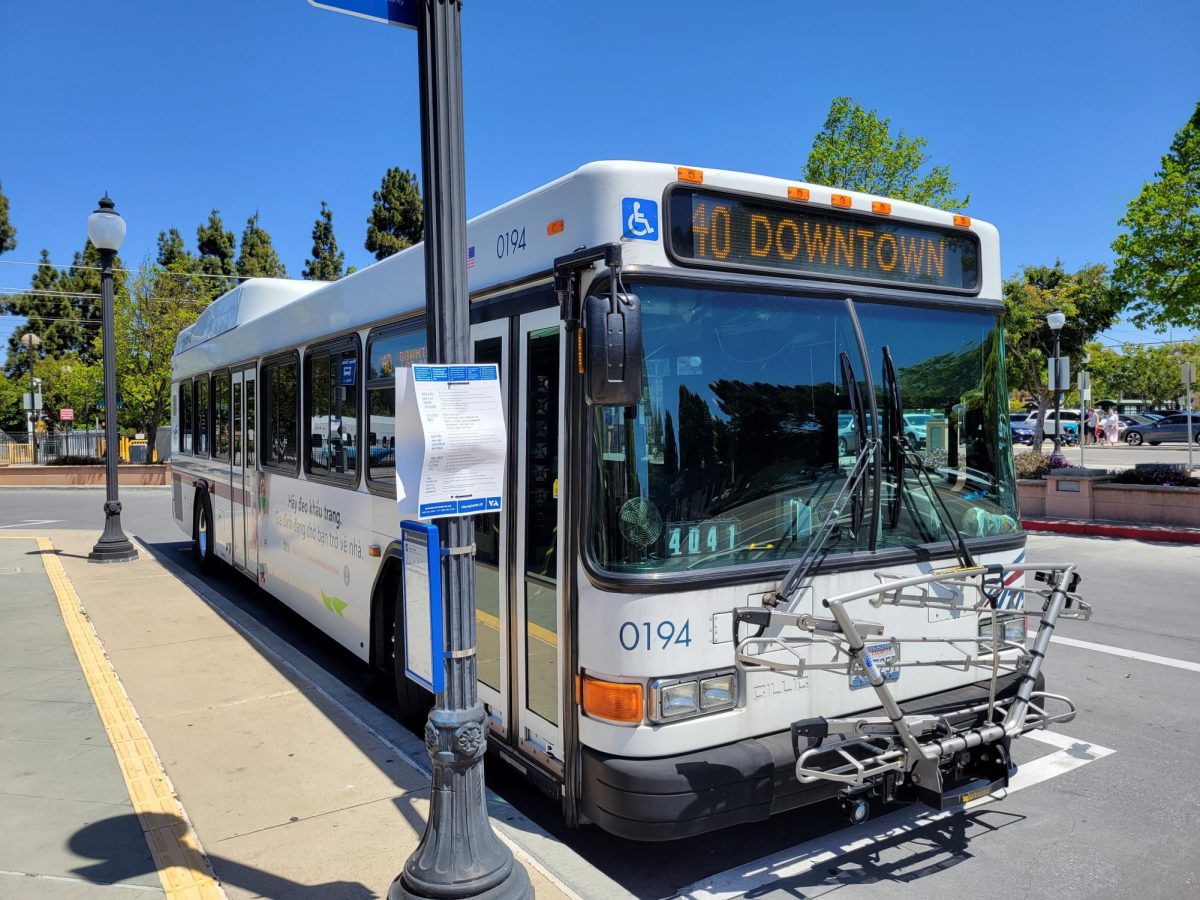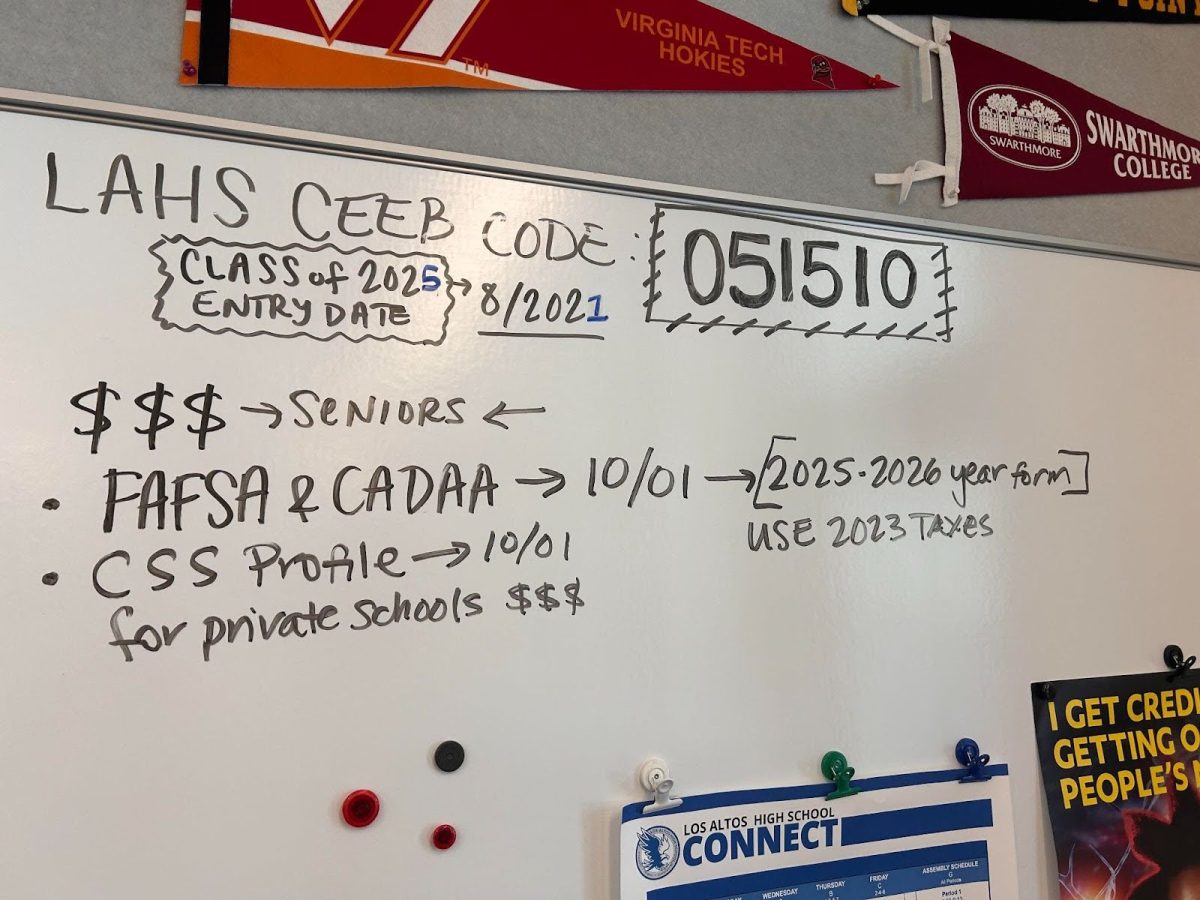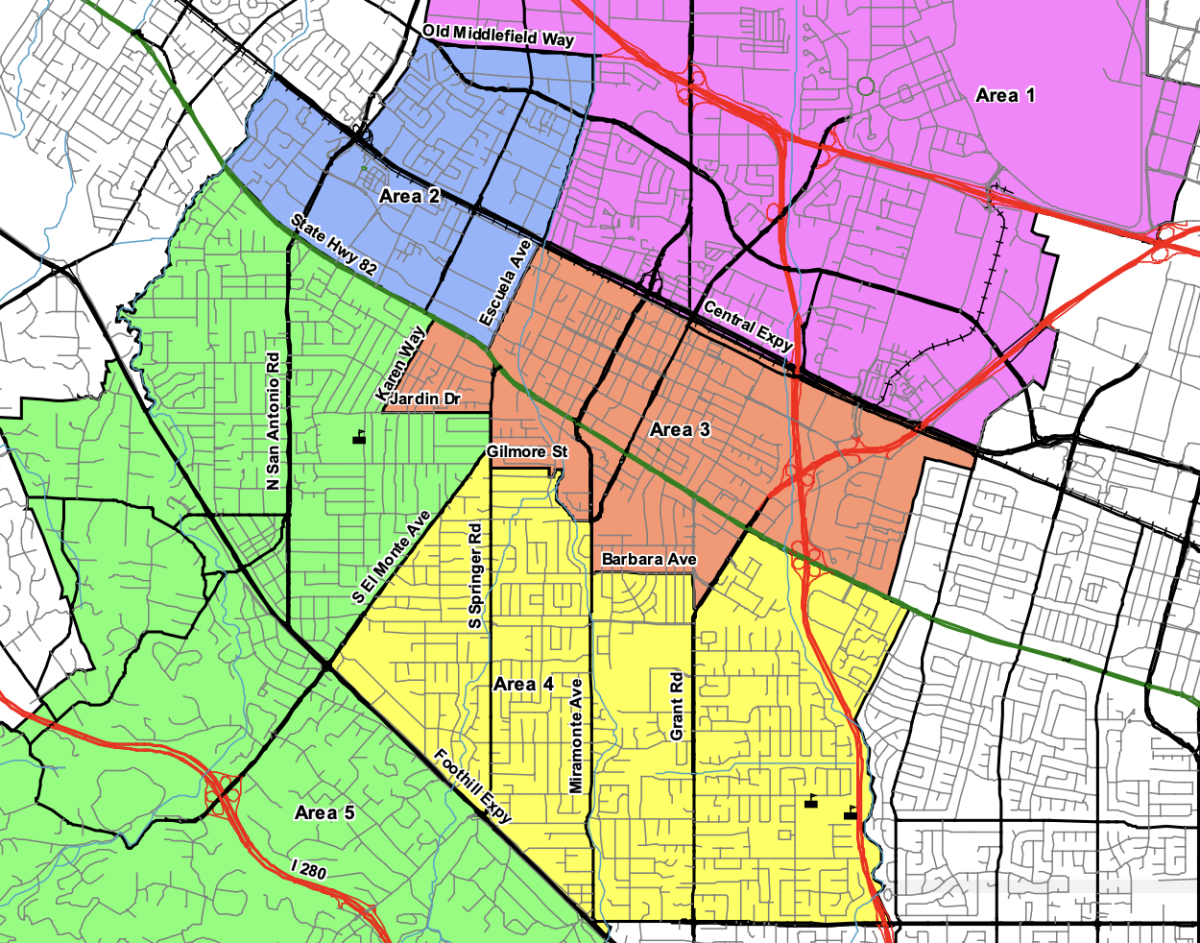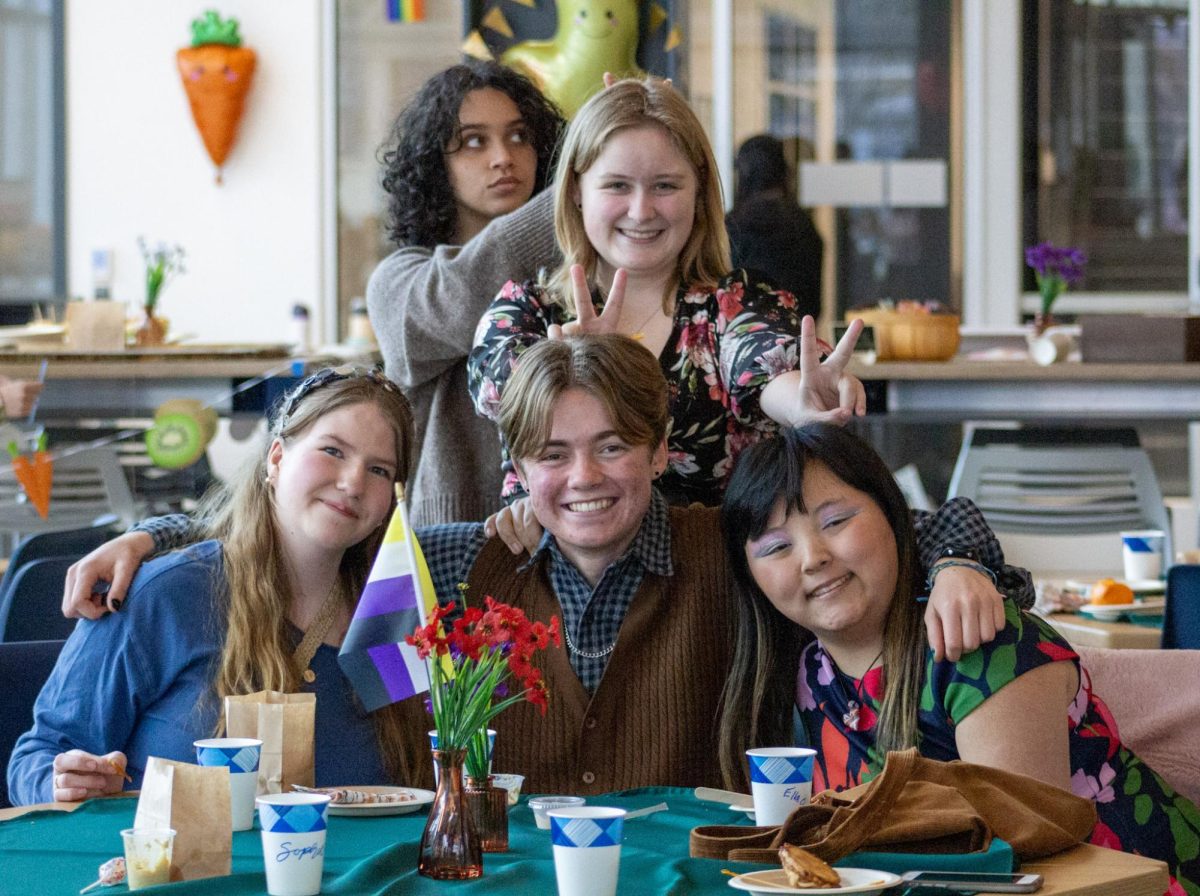On Friday, February 13, Stanford University hosted the White House Summit on Cybersecurity and Consumer Protection. The Talon got an inside look at the summit, which brought together professors, high tech executives, students and government officials including President Barack Obama.
Obama and members of his cabinet said that Stanford was chosen as the location for this event due to the university’s history of being at the forefront of technological innovation. In November of 2014, Stanford announced the launch of the Stanford Cyber Initiative, an interdisciplinary initiative to understand and address the cybersecurity issues of today and their consequences in industry and society.
Morning session
According to the Stanford Cyber Initiative’s website, the initiative will initially be led by a “multidisciplinary steering committee.” This steering committee includes computer science and electrical engineering professor Dan Boneh, who spoke at Los Altos High School (LAHS) during the 2014 Science, Technology, Engineering and Mathematics (STEM) week. At STEM week, Boneh spoke about computer science, cryptography and cybersecurity.
Stanford President John Hennessy began the event with remarks on the impact cybersecurity has on the military, the economy and civilian lives. National Security Council’s Lisa Monaco, who currently serves as the Homeland Security advisor to the president, spoke on the need for the private sector and the government to have improved communication regarding cybersecurity issues. This theme was echoed throughout the day. National Economic Council’s Jeff Zients spoke about the growing international conventions and rules on data flow, and said that the United States should be a leading part in deciding this.
US Department of Homeland Security Secretary Jeh Johnson led a panel on Public-Private Collaboration on Cybersecurity. US Department of Commerce Secretary Penny Pritzker moderated the panel on Improving Cybersecurity Practices at Consumer Oriented Businesses and Organizations. Panelist and President of Intel Renee James spoke about the importance of gender equality in the STEM workforce, and said that Intel’s new cybersecurity-focused team will be fifty percent female. Panelist and President and CEO of the Center for Democracy & Technology Nuala O’Connor spoke about the importance of STEM education and the efforts of code.org, a company that promotes computer science education from a young age. LAHS has participated in code.org’s Hour of Code event for two years in row. O’Conner and James both spoke about the need to improve STEM education in high schools and introduce students to computer science and engineering earlier.
Panelist and President and CEO of MasterCard Ajay Banga compared cybersecurity to driving laws, saying that there needs to be clear, evolving guidelines in order to keep the “digital highway” safe. Banga also spoke about cybersecurity in a global context, saying that many countries adopt an attitude of “nationalistic chauvinism” when it comes to digital information, stymying the flow of data and potentially precluding the recognition of cybersecurity threats.
Apple CEO Tim Cook spoke about technology’s capacity to improve lives and protect rights. He talked about Apple Pay’s privacy protections, and announced that the government will begin accepting Apple Pay later this year. Apple Pay allows consumers to pay for goods using their iPhone 6 as authentication. Cook spoke about the government and industry’s obligation to protect individuals’ right to privacy.
After Cook spoke, Hennessy introduced Obama to the stage. Obama called upon Congress to evolve technology legislation without making cybersecurity a partisan issue. The president signed an Executive Order for a new cybersecurity initiative and an increase in communication between the private sector and the government. The order calls for an increasing in sharing intelligence on cyberthreats between various companies and the government through the new Cyber Threat Intelligence Integration Center.
Afternoon session
Law professor and Chair of the Stanford Cybersecurity Initiative Steering Committee George Triantis opened the afternoon session with remarks about Stanford’s initiative. He commented on the multidisciplinary nature of the initiative, which will include research involving all seven of Stanford’s schools.
U.S. Small Business Administration (SBA) Administrator Maria Contreras-Sweet discussed the upcoming Small Business Innovation Research road show across the country, and encouraged small businesses to apply for counseling or grants from the SBA. Contreras-Sweet also announced that October 15, 2015, would be the “National Cybersecurity Transition” day. This will be the last day that businesses can accept credit cards without assuming liability. Businesses must transition to accepting “chip and pin” forms of payment. Any business that accepts a “swipe and sign” payment after this date is liable for any fraud.
The rest of the plenary event featured focus panels including officials from the White House Office of Science and Technology Policy, the CEO of Co-founder of Box Aaron Levie and computer science professor John Mitchell.
The summit ended with small break out sessions in which participants discussed information sharing, law enforcement cooperation, authentication without passwords and new ideas on technical security.








